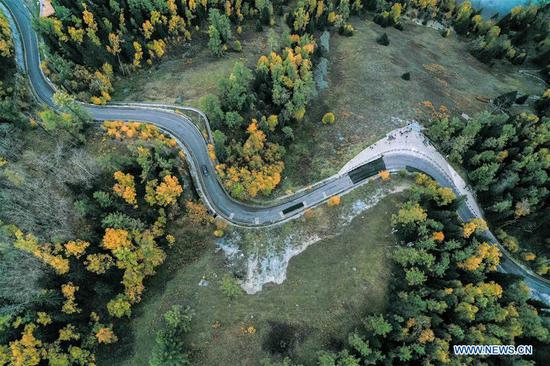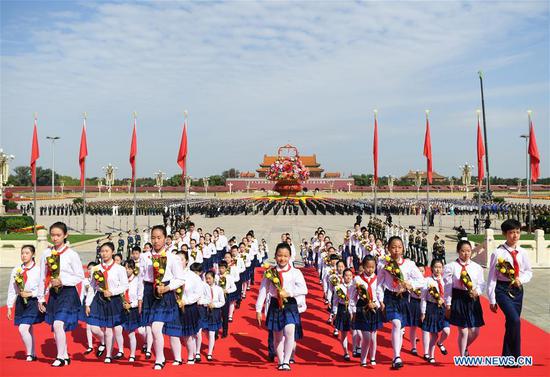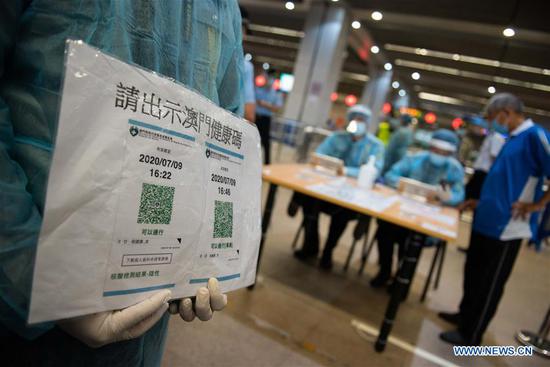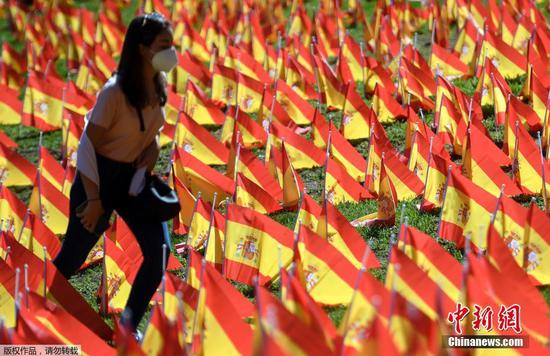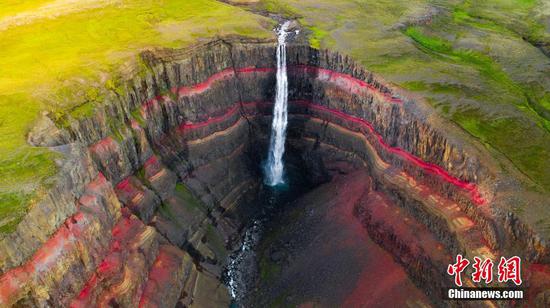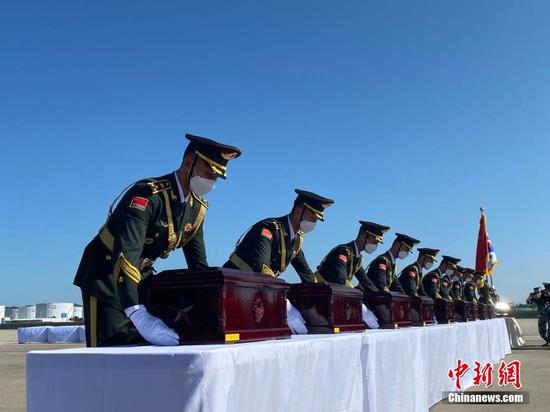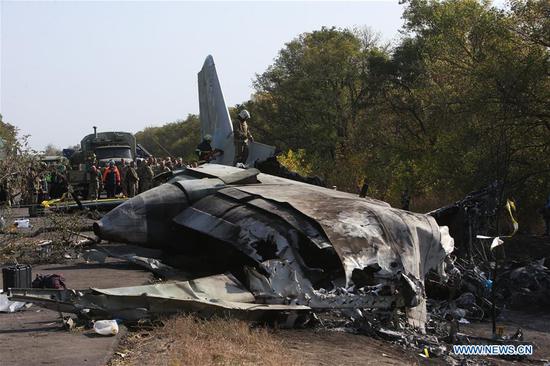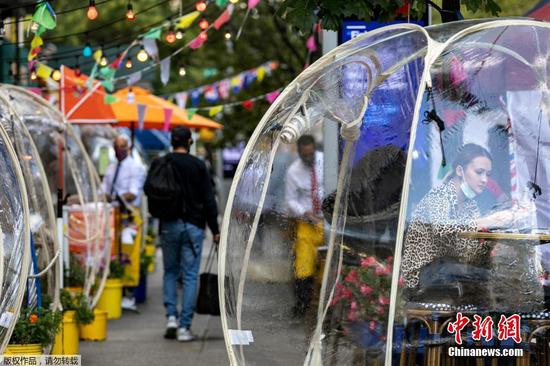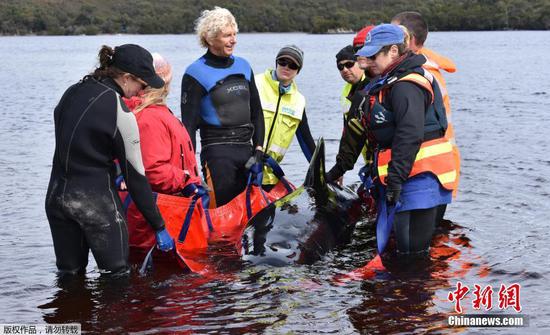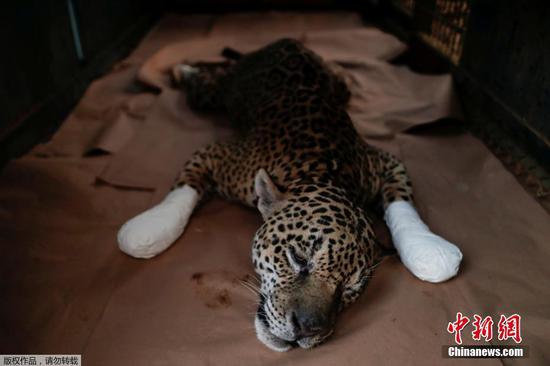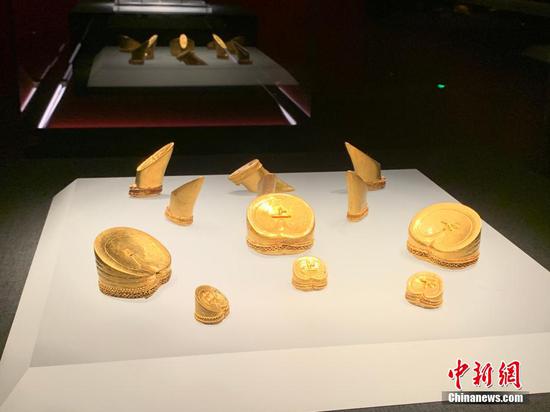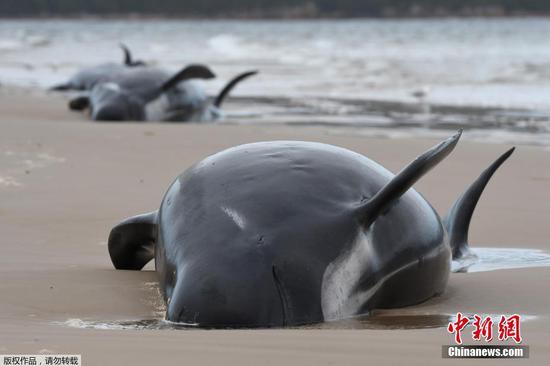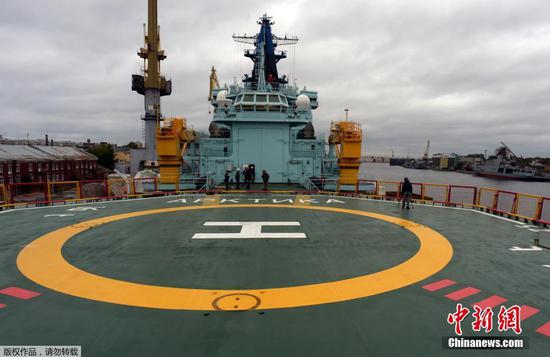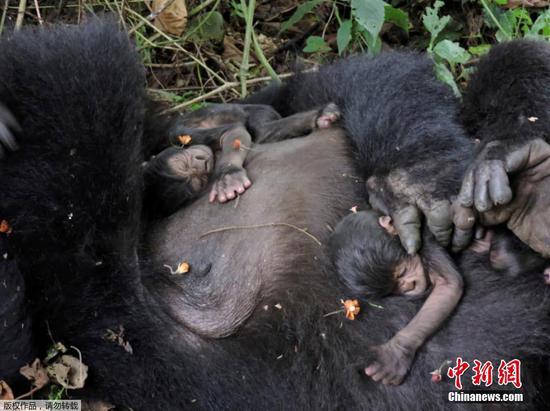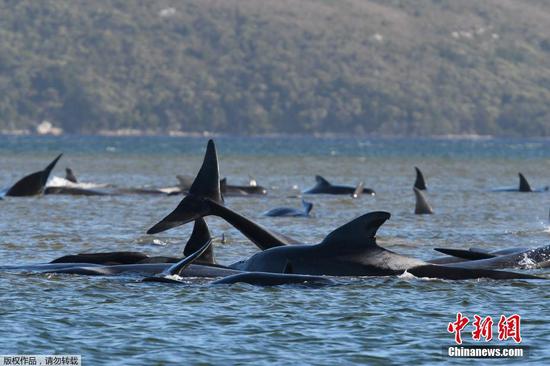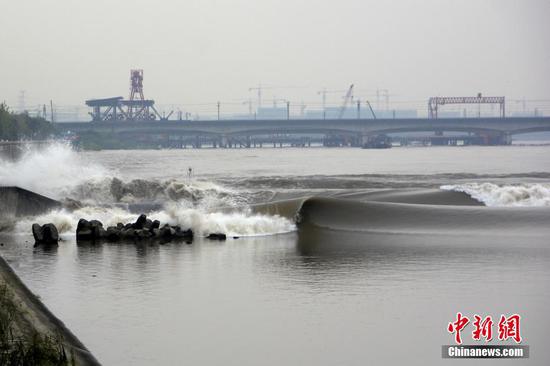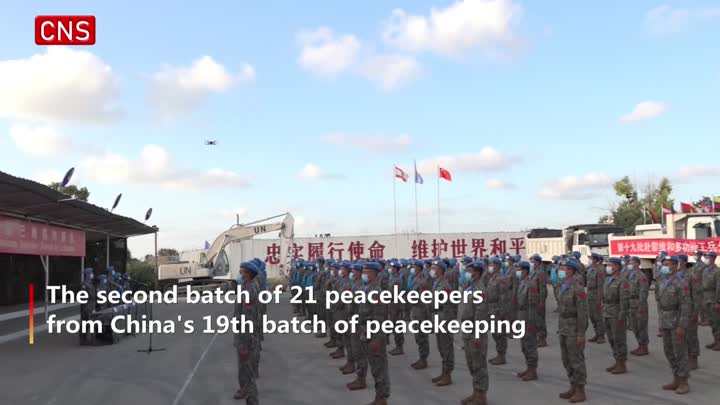UN Secretary-General Antonio Guterres on Friday regretted the lack of progress toward the total elimination of nuclear weapons and the risk of backsliding.
Nuclear disarmament has been a priority of the United Nations since the birth of the organization. Yet 75 years since the founding of the world body and since the horrific bombings at Hiroshima and Nagasaki, the world continues to live in the shadow of nuclear catastrophe, he told a high-level UN meeting to mark the International Day for the Total Elimination of Nuclear Weapons, which falls on Sept. 26.
"Some states view nuclear weapons as vital to their national security and survival. But the elimination of nuclear weapons is vital to something beyond the fate of any single state: the survival of life on this planet," he said.
Unfortunately, progress toward the total elimination of nuclear weapons has stalled and is at risk of backsliding, he warned.
Growing distrust and tension between the states that possess nuclear weapons have increased nuclear risks. Programs to modernize arsenals threaten a qualitative nuclear arms race, based not on numbers but faster, stealthier and more accurate weapons. The opportunity cost of spending money on such ill-conceived upgrades is simply staggering, he said.
The only treaty constraining the size of the world's largest nuclear arsenals, New START, is set to expire early next year, raising the alarming possibility of a return to unconstrained strategic competition, he said.
For this reason, it is imperative that Russia and the United States extend, without delay, the New START treaty for the maximum duration of five years, said Guterres.









